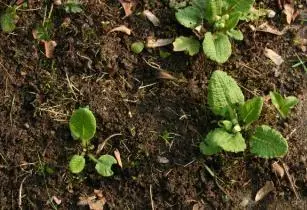A two-day conference held in Frankfurt and Monheim organised by Bayer CropScience addressed the need for increased research in weed control
The purpose of the symposium was to discuss changes that could be made in weed-control research and how to increase people's understanding of plants as whole systems.
“For more than 25 years no herbicide for broad acre crops with a new mode of action and commercial relevance has been discovered and brought to market by the global crop science industry,” said Dr Hermann Stübler, head of research Frankfurt and weed control research at Bayer CropScience.
Professor Stephen Powles, director at the University of Western Australia, added, “There is tremendous selection pressure for herbicide resistance in weeds in all major row crops, and options are shrinking. Weed resistance is a growing problem that is changing agronomic practices and threatening the long-term viability of economical weed control.”
Participants at the conference included Nobel Prize-winners in Chemistry, Professor Robert Huber and Professor Hartmut Michel, who discussed ways of progression in agriculture.
Other particpants undertook group work on different areas of agriculture, finding new ways to discover new herbicide modes of action, improve chemical-lead discovery and opening up opportunities to work with other institutes.
“The need for new herbicides with alternative modes of action and/or resistance breaking capabilities is more urgent than ever,” said Professor Lothar Willmitzer.
“This could be achieved by increasing the efforts towards research into plant systems biology and systematically screening for novel in vivo-phenotyping technologies followed by elucidating the underlying molecular targets and pathways.”





